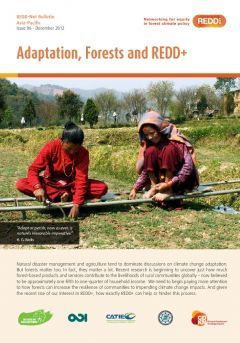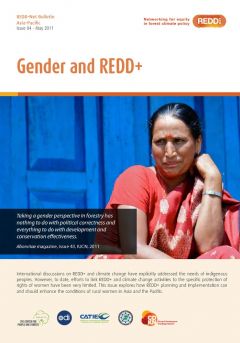Location
The UCSD is a network or more than 40 NGOs dedicated to coordinate advocacy and lobby work around issues and commitments made by world governments towards sustainable development, inspired by the Rio+ 10 project (Civil Society project for preparation of the Johannesburg Summit of 2002).
The UCSD was registered in November 2004 as an NGO (Reg. No. S5914/5345). Since its inception in 2001, UCSD has actively participated in Uganda Civil Society preparations for the Johannesburg Summit on sustainable development;
In 2006 – 2009, under the umbrella of the East African SusWatch Network, UCSD has been working with Tanzania Coalition for Sustainable Development and Kenya SusWatch Network to implement the East African Civil Society Watchdog Project for Sustainable Development in the Lake Victoria basin (2006 - 2009) with support from Sida (Phase I). One of the key achievements has been preparation of information communication and education materials for awareness raising and advocacy. One of these has been the Civil Society Watchdog Discussion Paper series aimed to influence technocrats and decision-makers involved in the East African Cooperation (especially Lake Victoria basin development) over a wide range of issues including climate change adaptation, solid waste management, among others. Another Phase of engagement is expected to start later this year.
The Vision of the Coalition is humanity sharing the resources of our planet in a Sustainable manner guided by the principles of universal justice as set in Rio and subsequent summits.
Our Mission is to contribute to sustainable development through follow up of the Johannesburg summit outcomes and subsequent global declarations in Uganda.
Our development objective of the Coalition is to increase the public participation and civil society network’s advocacy in order to influence and enhance implementation of national, regional and International levels of the Johannesburg Plan of Implementation.
Members:
Resources
Displaying 1 - 4 of 4REDD-Net Asia-Pacific Bulletin #5: Drivers of Deforestation and REDD+
What do opportunity costs mean in the context of REDD+ and what are the implications for local communities? Farmers intuitively know the importance of opportunity costs. To tackle deforestation in a socially equitable way, we must consider what the drivers of deforestation are and what incentives and livelihood opportunities accompany them.
REDD-Net Asia-Pacific Bulletin #6: Adaptation, Forests and REDD+
Natural disaster management and agriculture tend to dominate discussions on climate change adaptation. But forests matter too. In fact, they matter a lot. Recent research is beginning to uncover just how much forest-based products and services contribute to the livelihoods of rural communities globally – now believed to be approximately one-fifth to one-quarter of household income. We need to begin paying more attention to how forests can increase the resilience of communities to impending climate change impacts.
REDD-Net Asia-Pacific Bulletin #4: Gender and REDD+
International discussions on REDD+ and climate change have explicitly addressed the needs of indigenous peoples. However, to date, efforts to link REDD+ and climate change activities to the specific protection of rights of women have been very limited. This brief explores how REDD+ planning and implementation can and should enhance the conditions of rural women in Asia and the Pacific.
REDD-Net COP 15 Briefing
Thousands came together in "Hopenhagen" from 7-18 December 2009 for what was the most covered and talked about of any United Nations Framework Convention on Climate Change (UNF CCC) Conference of the Parties (COP) to date. Reducing emissions from deforestation and forest degradation in developing countries (REDD-plus)1 was one of few issues on which progress was made. However, implications of the wider negotiations for REDD-plus are not yet clear.





